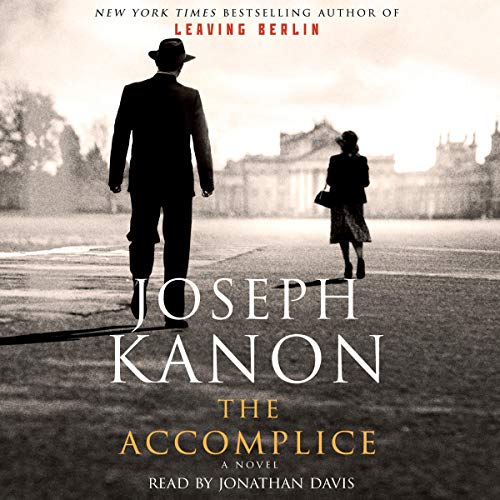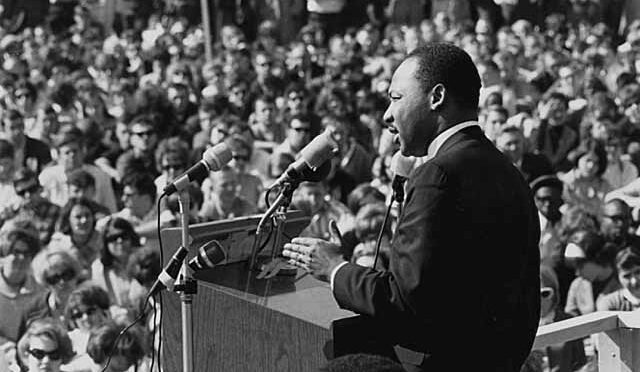by Barbara Nevins Taylor
My favorite audiobooks to start 2020 hark from last year. All have strong stories, good writing and narrators whose voices won’t drive you crazy as the action moves forward.
The Dutch House by Ann Patchett, narrated by Tom Hanks, is a wonderful story brilliantly read.

A beautiful house in Elkins Park, Pennsylvania, anchors a messy multi-generational family story that is all at once unique, familiar, and optimistic. Ann Patchett has told interviewers that she writes the same story of blended families over and over again. In 2016 in The Guardian she said, “…you’re in one family, and all of a sudden, you’re in another family and it’s not your choice and you can’t get out.”
But back to the house for a minute. Neighbors and the family call it the “Dutch House” because the original owners, the VanHoebeeks, were from the Netherlands. They died without heirs and left behind their ornate furniture and a couple of beautiful portraits. Enter Cyril Conroy. He buys the house for his wife and family right after World War II, when he leaves the military and they have very little money. She hates the big house and after a bit, vanishes to go work with the poor. So dad hires two local women to help with the house and Danny and his sister Maeve, who although only seven years older is something like a mother to the boy. The story is told from Danny’s perspective as he looks back and he describes how he drives around with Cyril on Saturdays collecting rent and learning about the small real estate empire Cyril has built. Danny loves the idea of real estate and owning and images a future in his father’s business. But you know things will change, which they do when Cyril Conroy marries again and adds a young stepmother and two step-sisters to the mix.
What happens next pitches Maeve and Danny into a battle with their stepmother that changes their lives and rages for years. If I write more, you’ll learn the entire story here and that’s not fair. Listen instead.
###

The Man Who Saw Everything, by Deborah Levy, was a Booker Prize nominee in 2019. It seems like a straightforward story at first. We begin in 1988 with a young, good-looking, narcissistic historian, Saul Adler, headed to East Berlin to do research and lecture on Eastern European Communism, including Stalin’s sex life. But first his girlfriend Jennifer Moreau, an art student, will take his picture crossing Abbey Road. They stage the photo just like the Beatles album cover because he plans to give it as a gift to his host’s sister. But during the shoot he is grazed by a car and knocked down. Stuff scatters in the road, including a mysterious object with a voice that comes out of it that says, “I hate you. Don’t come home.”
Saul Adler brushes himself off and the story goes on. Back at Jennifer’s apartment they make love and she takes photos of his body parts. He complains to her, and to himself, that she treats him like an object. He is her muse. She considers him beautiful and has photographed him over and over again. She tells him that he never asks about her work, that he assumes it’s all about him and explains that’s why she is breaking up with him. A few days later, he is off to East Berlin, disoriented by the fall caused by the car accident.
In Germany, things happen quickly. He begins a sexual relationship with Walter, the translator, also a Stasi agent or watchdog, who meets him at the train. Walter takes him to his mother’s home, and Saul also has sex with Walter’s sister. Saul seems to become more and more disoriented even as he researches and teaches a course at the university. And then the story takes a dizzying twist and seems to start again. Now we are in 2016 and Saul is hit by the same car again. Or is he? The story rewinds in his mind, as he lies in a hospital bed in London confused, maybe dying, trying to make sense of his life and loves.
Jennifer Moreau, now grey-haired and a famous artist, is at his bedside. A doctor seems like a Stasi watcher, his dead father sits at his bedside and talks. The driver of the car, a man named Wolfgang, is also there paying for the private room. It turns out Wolfgang was having fight with his wife on his cell phone when he knocked Saul down. Remember that mysterious object from 1988.
Through the morphine haze Saul tries to piece together his life. Maybe he gets it right, and maybe he doesn’t. George Blagden keeps the story going and makes you want to listen.
###

I’m hooked on Nazi-era thrillers and the stories of the people who fought back. The Accomplice, by Joseph Cannon and narrated by Jonathan Davis, begins in 1962 in Hamburg. Max Weill, a holocaust survivor and Nazi hunter, is trying to convince his nephew Aaron to continue his work. Aaron, an American who works for the U.S. State Department, resists his uncle’s cajoling. But as they sit at a sidewalk café, Max stands up and points in horror. He insists that he saw a Nazi doctor, an assistant or accomplice to the evil Dr. Josef Mengele, who tortured prisoners at Auschwitz with medical experiments. Max, also a doctor, is sure that it is Otto Schramm. In the excitement of recognition, Max suffers a heart attack and as he lies dying in the hospital convinces Aaron to take up the search for Schramm.
The next part of the story takes Aaron and a German-Jewish reporter to Buenos Aires on the hunt for Shramm. The story is full of twists, suspense and danger and both Kannon and narrator Jonathan Davis keep you interested and rooting for Aaron to survive and succeed.
###

Walter Mosley takes you a different kind of trip in John Woman, and narrator Dion Graham is perfect in every way. Fans of Mosley’s detective stories, prepare yourselves for an unexpected ride. John Woman is a young mixed-race history professor at a southwestern university. He lectures about the unreliability of history and asks his students to question facts and truth.
And Woman’s own life is a mashup of invention. He began life as Cornelius Jones in Brooklyn, the son of an invalid audodidact who to teaches his son to read literature, philosophy and history and to question everything. His beautiful Italian-American mother is mostly absent. She wanders in and out of the story talking about sex and love. His father, born poor in Mississippi, speaks perfect and precise English and tells him, “…the person who controls history controls their fate. The man who can tell you what happened or did not happen is lord and master of all he surveys.”
The father works as a projectionist at an East Village movie theater. When cancer treatment prevents him from returning to his job, the teenage Cornelius fills in for him without the knowledge of the theater owner. The deception leads to sex, violence and menace, what we expect of a Mosley novel. What Cornelius does changes his life, and when his father dies and his mother disappears he erases himself and writes a new personal story complete with an Ivy League degree.
But it’s not as simple as that, and we listen wondering if his true history will catch up with him.
Here are few more suggestions.
And a few more here.




